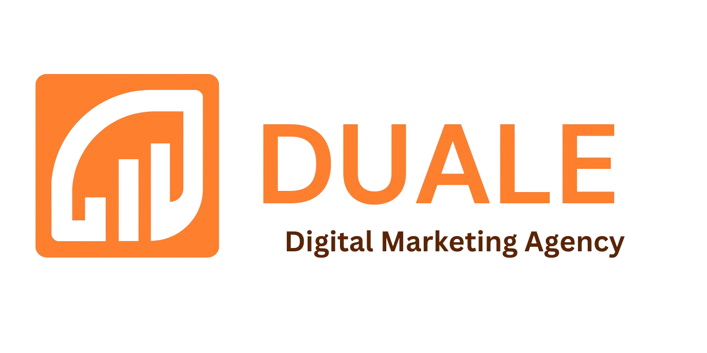
Introduction
In today’s digitally-driven world, Digital Marketing is not just a trend; it’s a necessity. Whether you’re a small business owner or part of a large corporation, mastering Digital Marketing strategies can significantly boost your online presence and help you reach your target audience more effectively.
What is Digital Marketing?
Digital Marketing refers to the use of digital channels such as search engines, social media, email, and websites to promote products or services. Unlike traditional marketing, which relies on print ads, billboards, and TV commercials, Digital Marketing leverages online tools to reach and engage with consumers.
Key Components of Digital Marketing
Search Engine Optimization (SEO)
- SEO is the practice of optimizing your website to rank higher in search engine results. Effective SEO involves keyword research, on-page optimization, and building quality backlinks.
Content Marketing
- Content marketing focuses on creating and distributing valuable, relevant content to attract and engage a target audience. This can include blog posts, videos, infographics, and eBooks.
Social Media Marketing
- Social media platforms like Facebook, Instagram, and LinkedIn are powerful tools for Digital Marketing. They allow businesses to connect with their audience, build brand awareness, and drive traffic to their websites.
Email Marketing
- Email marketing remains one of the most effective forms of Digital Marketing. It involves sending targeted messages to prospects and customers to nurture relationships and drive conversions.
Pay-Per-Click (PPC) Advertising
- PPC advertising allows businesses to display ads on search engines and social media platforms, paying only when someone clicks on the ad. It’s an excellent way to drive immediate traffic and leads.
Benefits of Digital Marketing
Global Reach:Digital Marketing enables businesses to reach a global audience, breaking down geographical barriers.
Cost-Effectiveness: Compared to traditional marketing,
Digital Marketing is often more affordable and offers a higher return on investment.
Measurable Results: With tools like Google Analytics, businesses can track the performance of their Digital Marketing efforts in real-time.
Personalization: Digital Marketing allows for personalized marketing strategies, targeting specific segments of the audience with tailored messages.
Current Trends in Digital Marketing
Artificial Intelligence and Automation: AI is revolutionizing Digital Marketing by automating tasks, predicting customer behavior, and personalizing content.
Video Marketing: Video content continues to dominate, with platforms like YouTube and TikTok becoming essential parts of Digital Marketing strategies.
Voice Search Optimization: With the rise of smart speakers and voice assistants, optimizing for voice search is becoming increasingly important in Digital Marketing.
Sustainability and Ethical Marketing: Consumers are gravitating towards brands that prioritize sustainability and ethical practices, making these key considerations in Digital Marketing.
Getting Started with Digital Marketing
Define Your Goals: Start by identifying what you want to achieve with Digital Marketing. Are you looking to increase brand awareness, drive more traffic to your website, or generate leads?
Choose the Right Channels: Not all digital marketing channels will suit your business. Choose those that align with your goals and where your target audience spends their time.
Measure and Adjust: Use analytics tools to monitor the performance of your Digital Marketing efforts. Be ready to adjust your strategies based on the data.
Common Mistakes in Digital Marketing and How to Avoid Them
Ignoring Data: Successful Digital Marketing is data-driven. Always base your decisions on data to avoid costly mistakes.
Overlooking Mobile Optimization: With more users accessing the internet via mobile devices, it’s crucial to optimize your content for mobile.
Neglecting SEO: SEO is fundamental to Digital Marketing. Neglecting it can result in low visibility and missed opportunities.
Inconsistent Branding: Consistency is key in branding. Ensure that your branding is consistent across all Digital Marketing channels
Conclusion
Digital Marketing is an ever-evolving field, but by understanding its core components and staying updated on the latest trends, you can create a powerful strategy that drives results. Whether you’re just starting or looking to refine your approach, the key to success in Digital Marketing is staying informed, being adaptable, and always focusing on delivering value to your audience.



